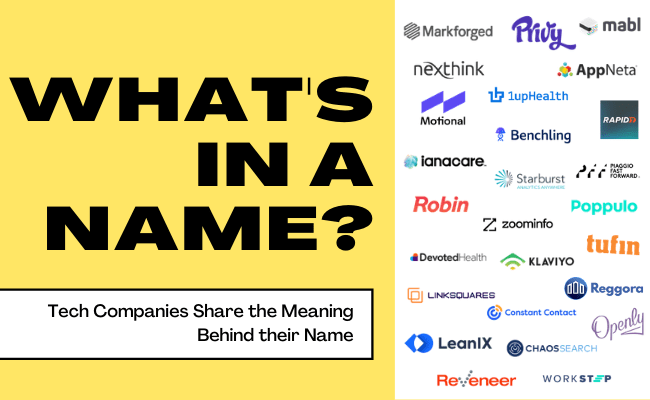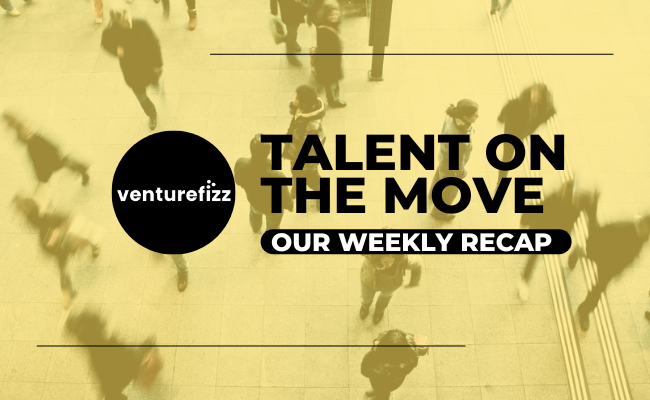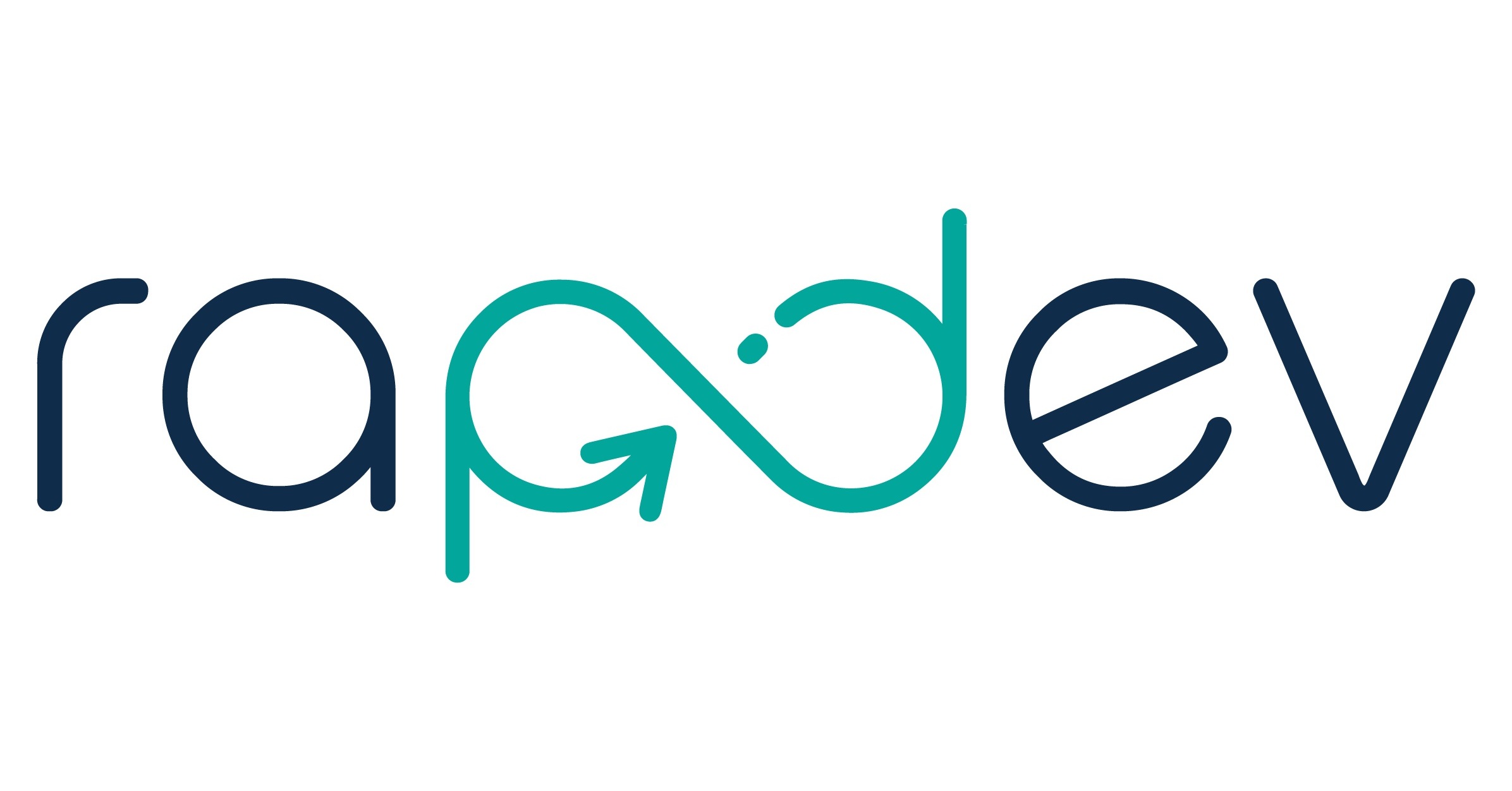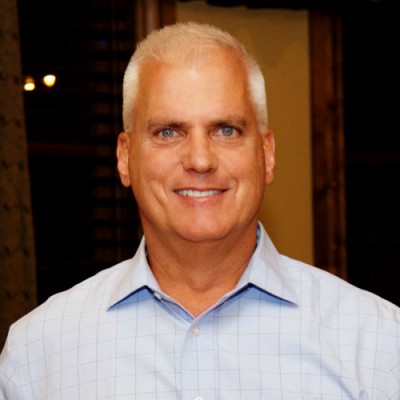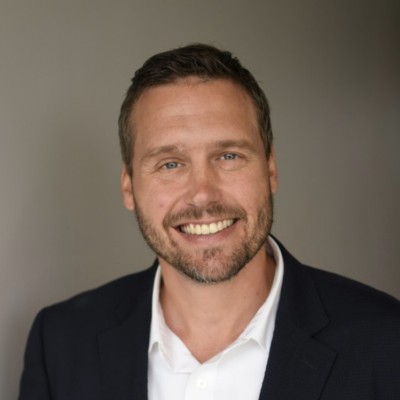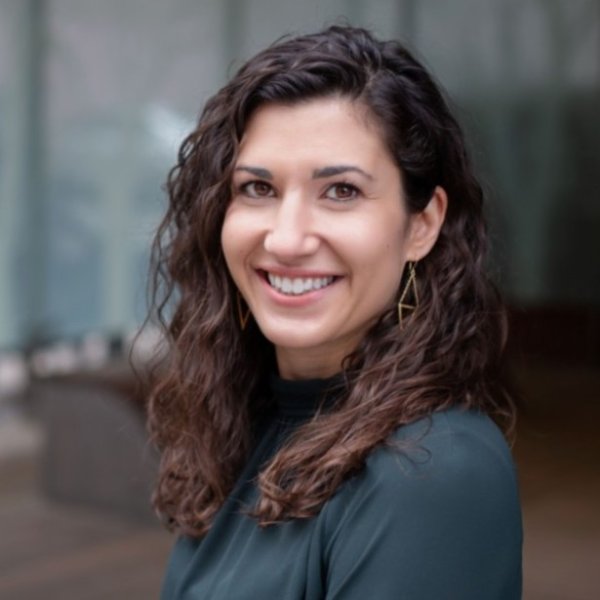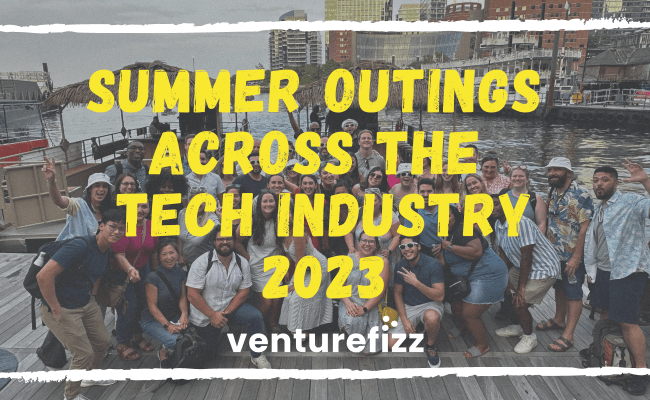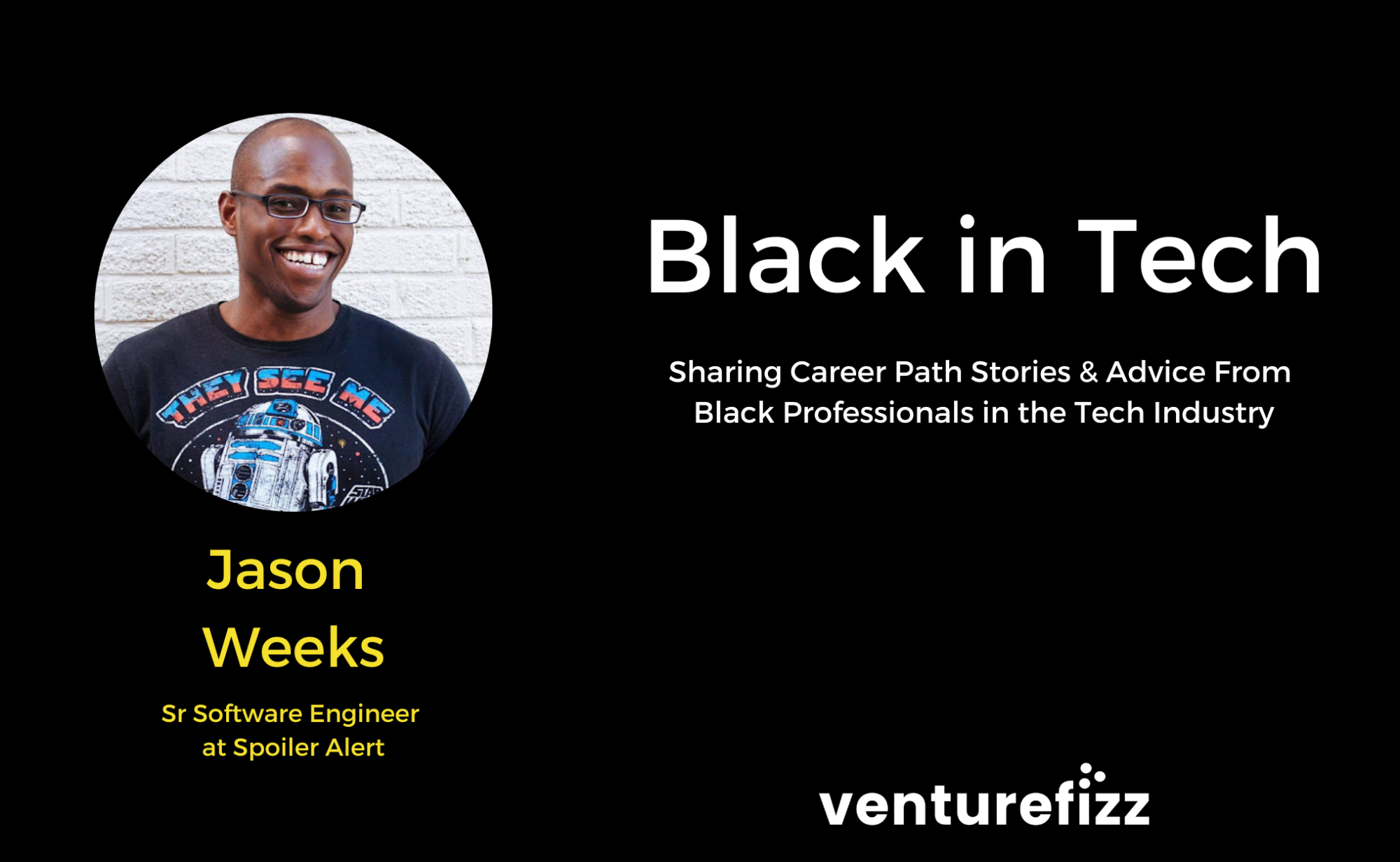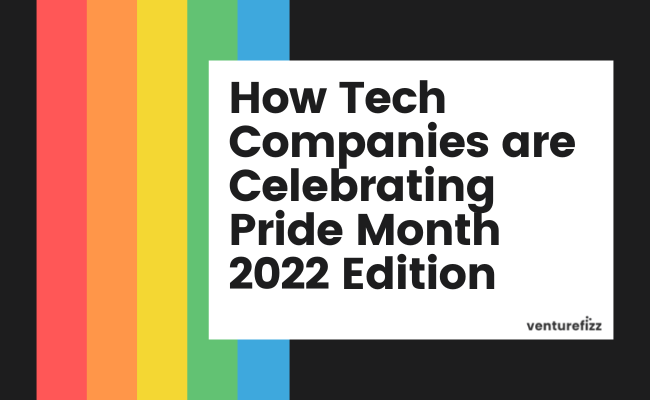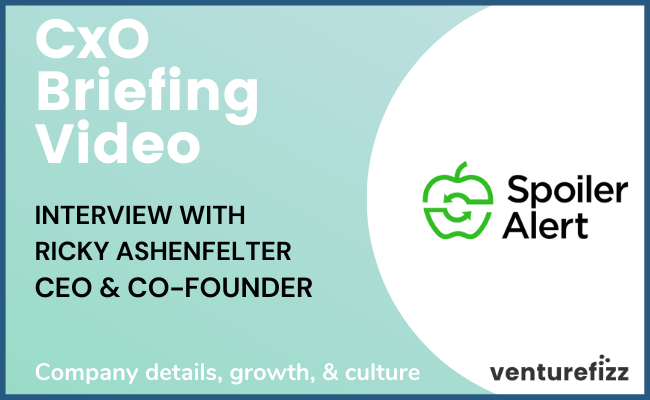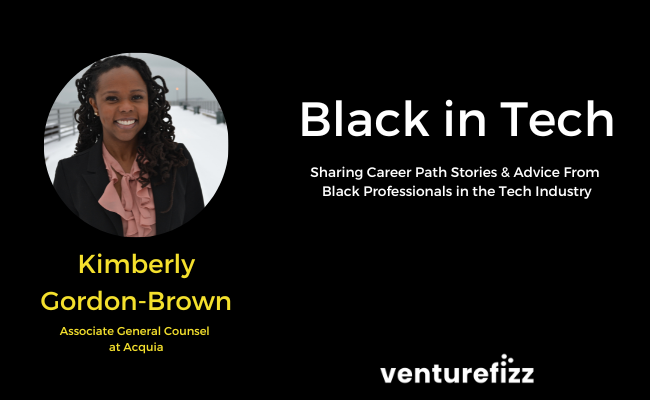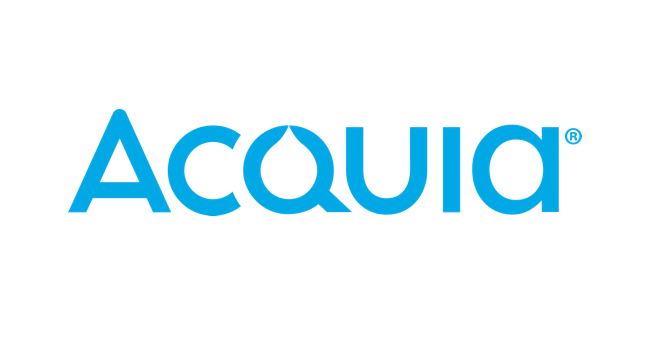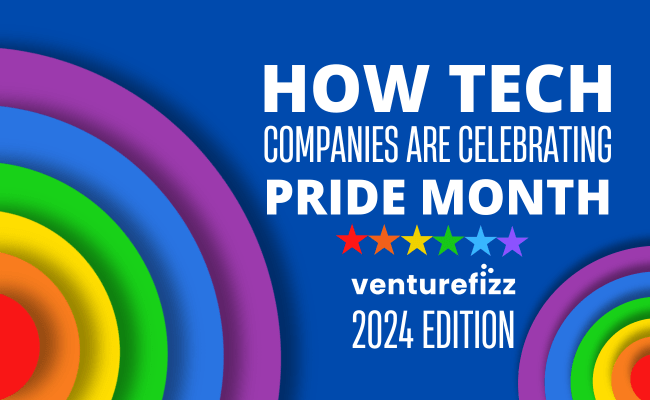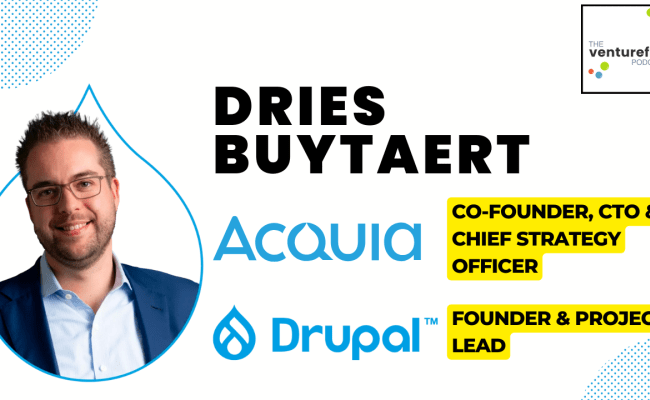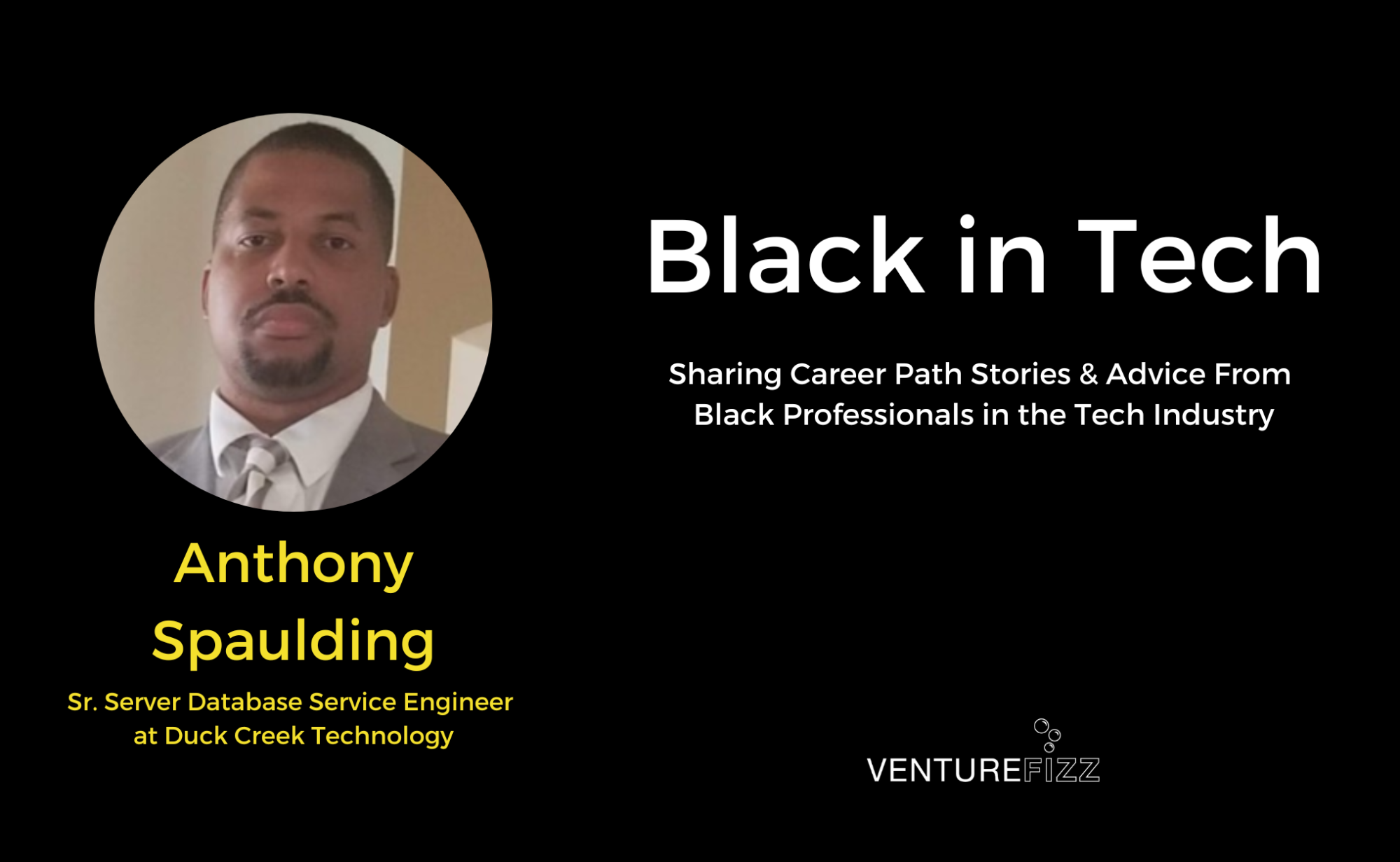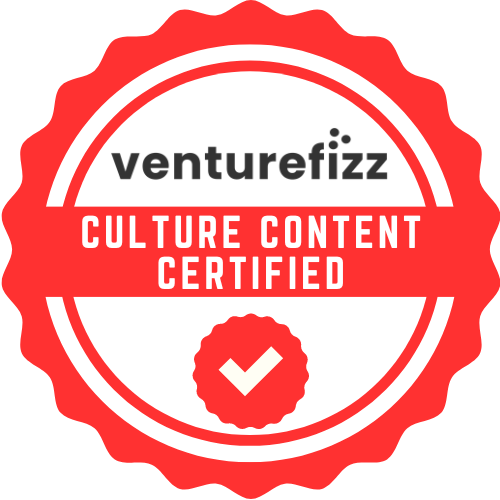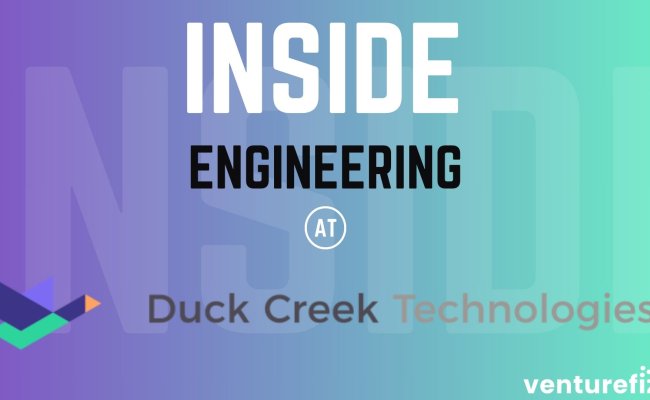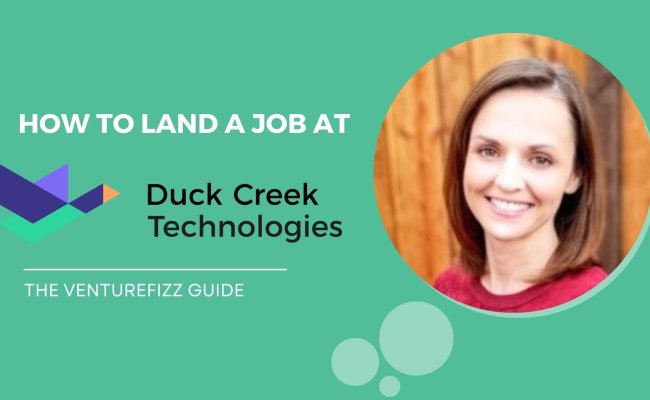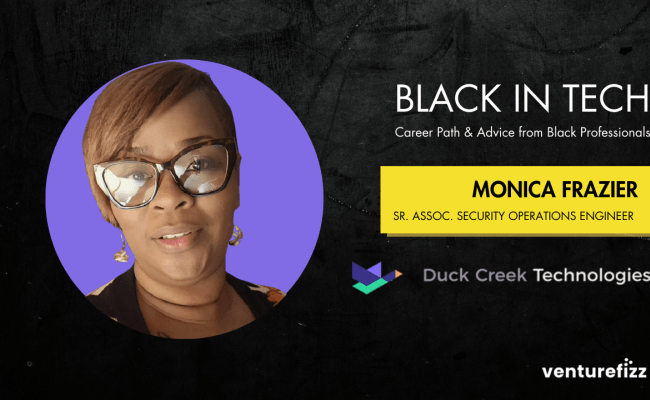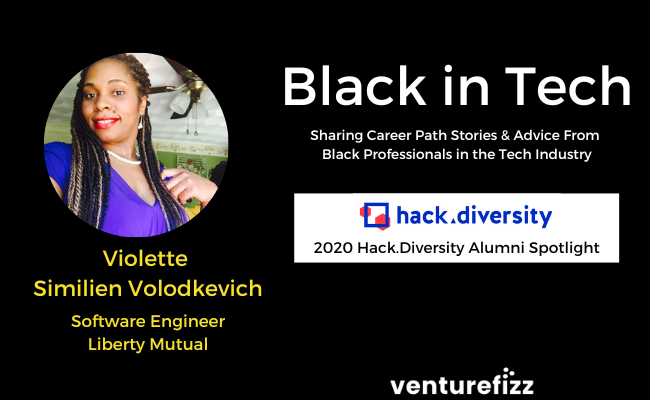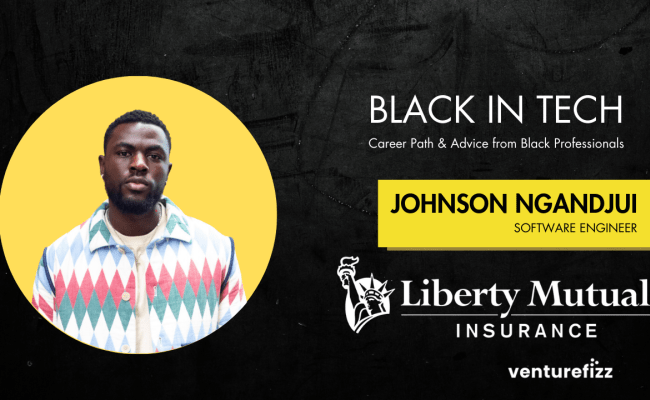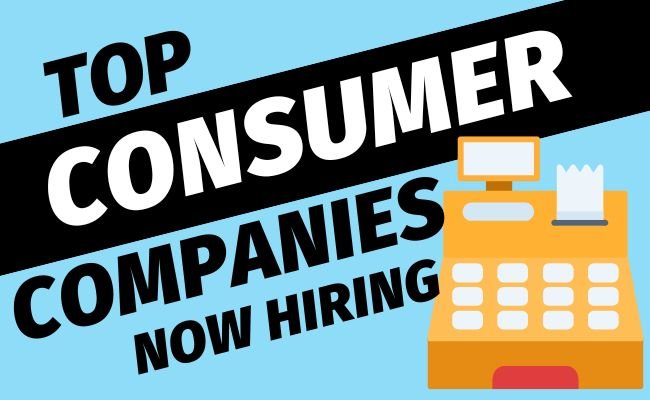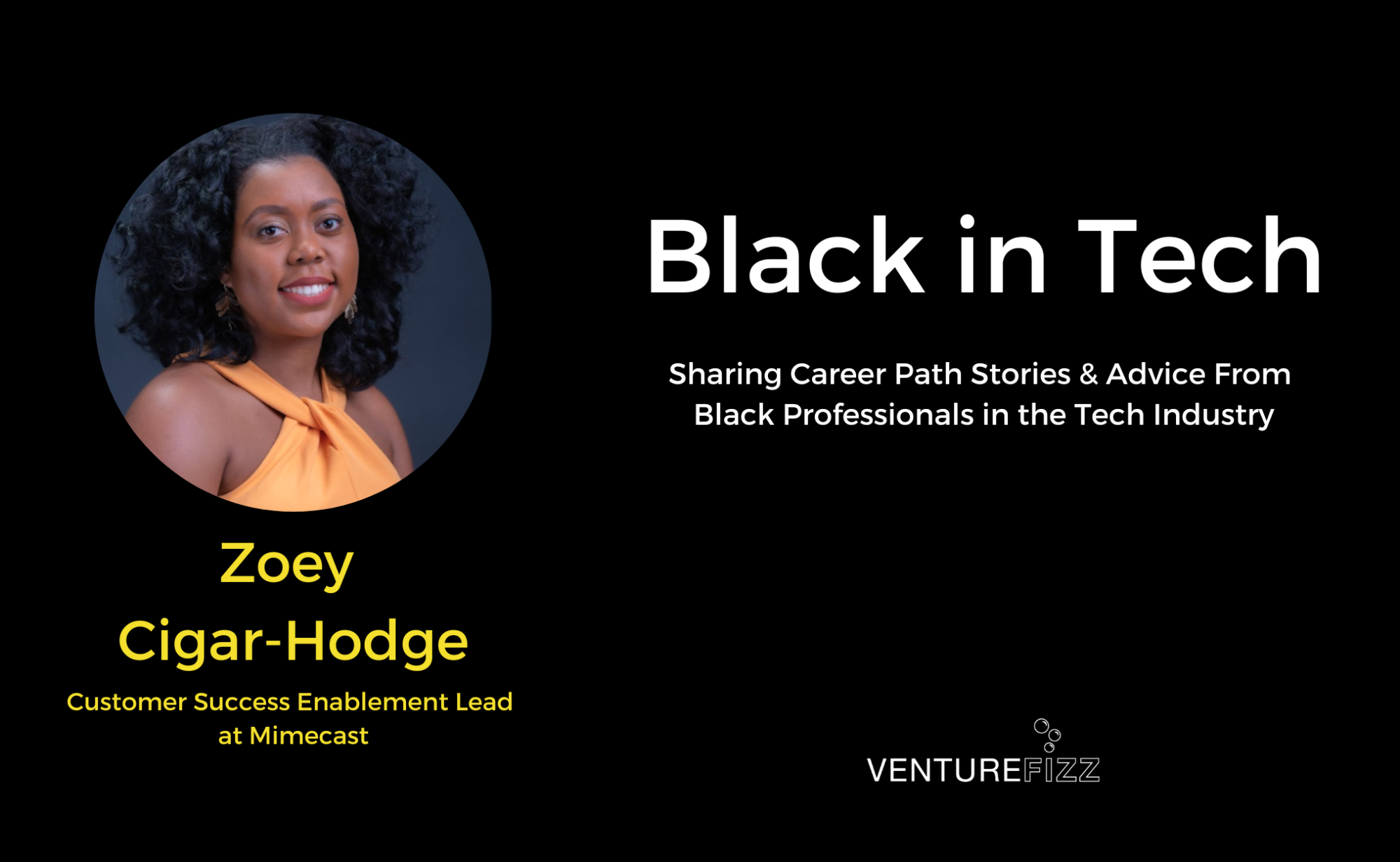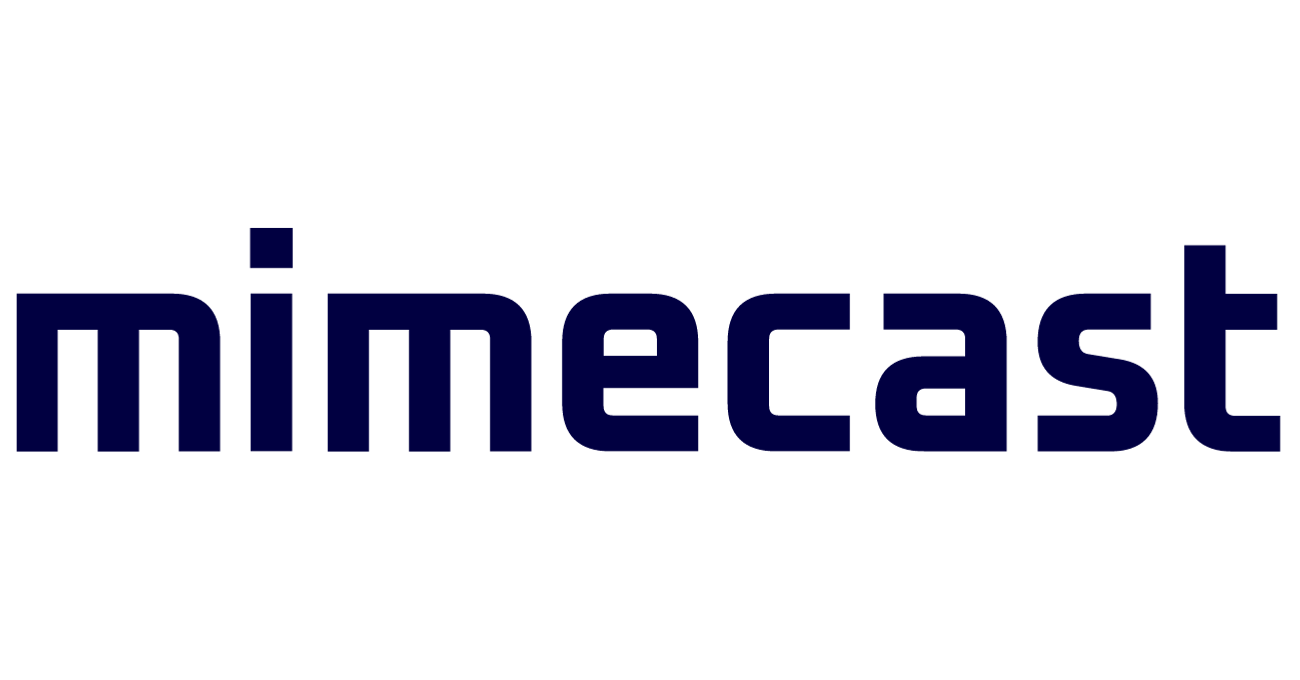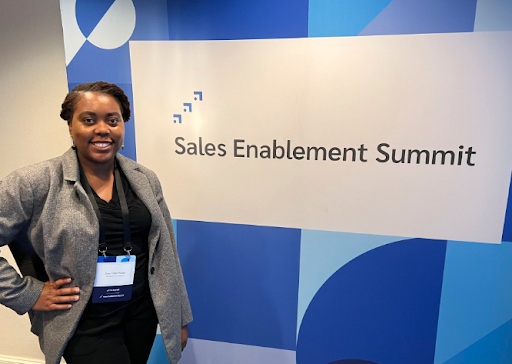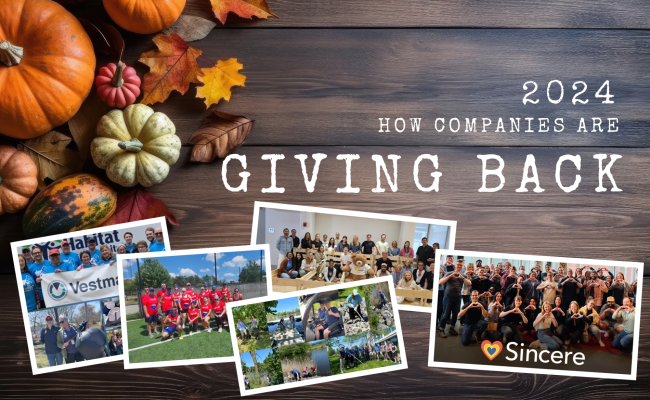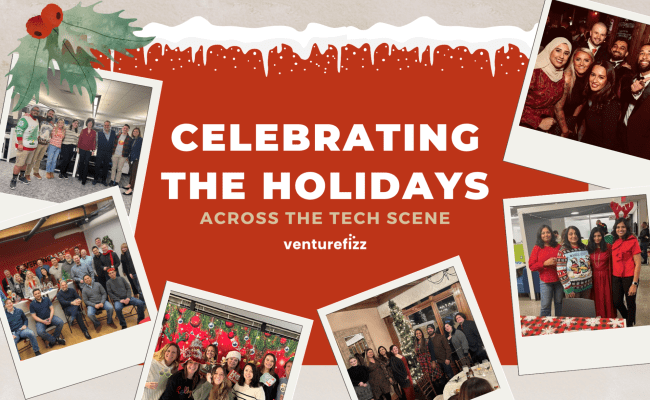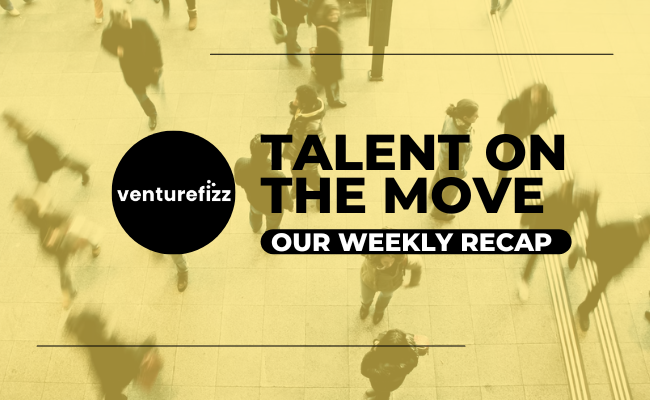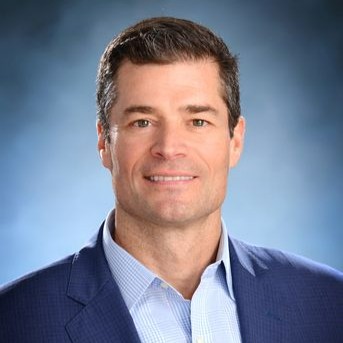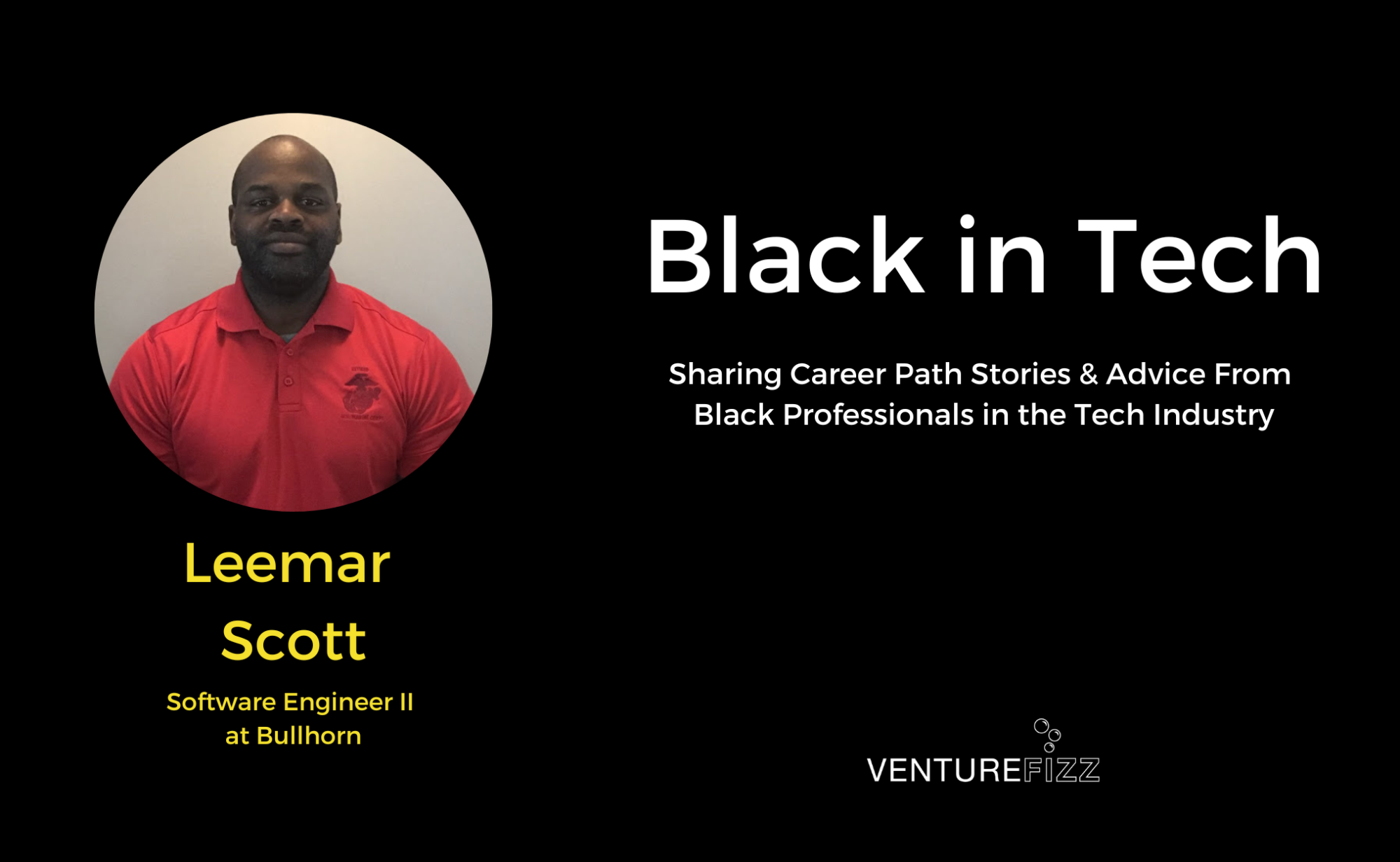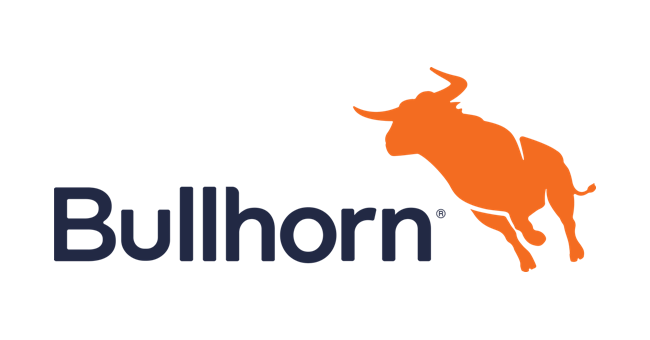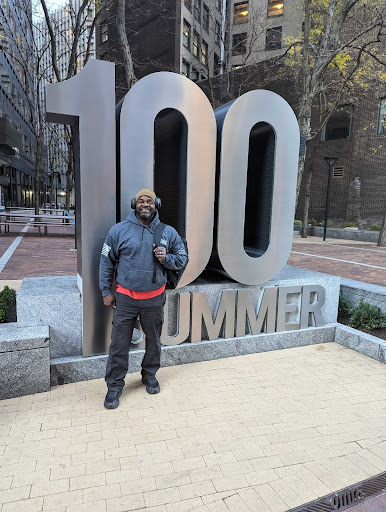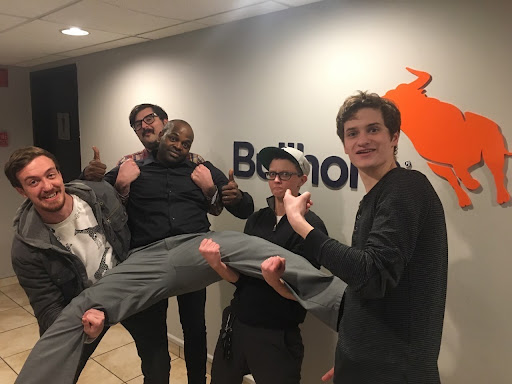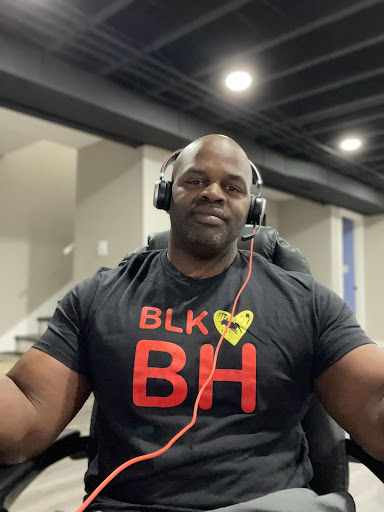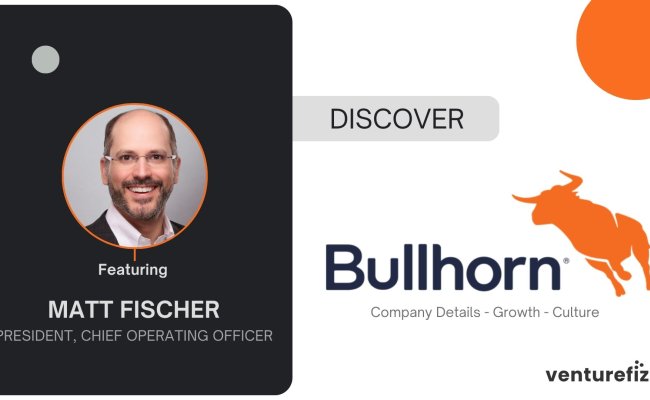Our Black in Tech series features the career path & advice from Black professionals in the tech industry. In this Q&A, Violette Similien Volodkevich, Software Engineer at Liberty Mutual shares her story.
Violette is a 2020 alum of Hack.Diversity which is transforming the economy by breaking down barriers for Black and Latine/x professionals in tech. Hack.Diversity partners with the fastest-growing technology teams to identify, develop, and place talent into internship-to-retention opportunities and to help evolve organizational practices to support the retention and promotion of that talent. Click here to learn more about Hack.Diversity.
Where did you grow up and what were you like as a child? What did your parents do for work?
I grew up in a small mountain village in Southwestern, Haiti, outside of a small town called Beaumont. We didn’t have electricity, running water, or roads. I had no access to technology, TV, or internet and did not use a computer until I was 15. Despite my lack of exposure to technology, I always had big dreams, a vivid imagination, and an overall curiosity about the rest of the world. Like many residents of our village, my parents were both farmers who fed us by growing plants, raising animals, and selling products at local markets in nearby towns and villages. After my father died when I was 10, my mother became what we call in Haitian Creole a Madan Sara, which refers to women who sold goods at the market full-time.

Can you talk about your experience as a Fellow at Hack.Diversity?
I started to see the light at the end of the tunnel when I joined Hack.Diversity as a Fellow in 2020. My experience was very rewarding – I was part of a highly motivated and talented community of diverse individuals all working towards the common goal of breaking down barriers for Black and Latinx professionals in tech. The Fellowship was extremely well-organized and provided an incredible amount of support, especially from their Mentors. Throughout my time at Hack.Diversity, I gained confidence, worked on interesting projects, and collaborated with a team of professionals, which really introduced me to the world of corporate technology. In addition to the technical upskilling and support, Hack.Diversity provided a fantastic platform for networking and community building, inspiring me to pursue my goals and become a software engineer.
How did Hack.Diversity help you navigate obstacles you had to overcome along the way as a Black professional.
The first thing I gained when I joined Hack.Diversity was my voice. I was afraid to talk in public because of my thick Haitian accent, but I was able to overcome that and explore my communication skills as an extrovert. Hack.Diversity also provided me with essential resources, mentorship, and networking opportunities that enabled me to move forward in my career. It was very helpful to be able to tap into their network in order to meet other Black professionals in the tech industry. Their mentorship program was also invaluable, helping me to access extra guidance and career advice from seasoned industry members. Furthermore, their online resources contained reviews, reports, and testimonials from Black professionals that gave me practical advice and insight into the challenges I might face in the industry.
What has your career path looked like in tech and the various positions you’ve held before joining Liberty Mutual?
I've been working for more than 10 years and have held a variety of different positions. My first job was working in customer service at a small Internet Cafe in Haiti. I lost my job after the earthquake in Haiti and went to work as a driver for the Red Cross. Afterward, I went to work as an executive assistant for the Haitian government. From there, I moved to the United States in 2013 where I worked in customer service and medical billing. While working, I went to school for computer science and graduated with an associate's degree from Quincy College and bachelor’s degree from Boston University. During my last semester at Boston University, I started my tech journey as a Hack.Diversity Fellow and got an internship at Liberty Mutual Insurance. Since joining Liberty Mutual two and a half years ago, I have worked on three teams within the Technology organization as a Software Engineer.
Can you share the high-level responsibilities of your current position as a Software Engineer at Liberty Mutual?
I am currently part of a Developer team within the Data and Analytics department, building technologies to support the Data Science team. Our focus is to develop tools such as User Interface, Command Line Interface, S3 bucket, EC2s as well as help users get access to GPUs and containerized computing. I am currently working on a project to reduce usage costs for department users in our systems.
What does your professional future look like?
Liberty Mutual provides employees with a broad range of learning opportunities to help identify growth and job opportunities, as well as further develop skills. Over the past three years, I’ve had an opportunity to further my development, taking courses on product ownership and studying for Agile certifications. I am also part of The Partnership Program, which focuses on career growth and leadership capabilities for people of color.
Through these experiences, I have learned that I enjoy working, collaborating, communicating and helping people grow, and my long-term goal is to work in an IT management position where I can help shape the next generation of tech talent.
What advice would you give to other Black professionals who are interested in joining the tech industry?
- Network and Join POC led tech organizations!
Before Hack.Diversity, I thought my dream of working within the tech industry was never going to happen. I applied for several internships and never got a call back. After joining Hack.Diversity, I started to believe in myself and gained more confidence, connected with other professionals with the same background, and networked with industry professionals. Networking helped me get to where I am today.
- Don’t sell yourself short, believe in the beauty of your dreams
I never thought a little Black girl from Haiti like me could be where I am today. And I’m just getting started. Fight back against imposter syndrome and don’t listen to any voices telling you you don’t belong, including your own. I remember when I told a family member that I was switching my major to computer science, they said, “This is not a job for a Black immigrant” and suggested that I go into other fields that had more Black immigrants.I did not let that hinder me and continued to work even harder in school in order to ensure I could get a job in the tech field.
It is important to continuously improve your skills. Technology is evolving every day, and there are numerous fields within tech that require different types of skills. It is important to keep an innovative mind and be willing to grow and evolve.
While general awareness of the problem of diversity in the tech industry is a step forward, to make a lasting change, real actions need to be taken. Do you have any ideas or suggestions on what companies or employees can do to step up and make a difference?
It is important for companies to make their recruitment process more inclusive by working with tech organizations that support individuals from all backgrounds. Additionally, I think it is just as important to make sure that employees from marginalized communities have access to adequate professional development.
For instance, Liberty Mutual has seven employee resource groups (ERGs) that bring employees from different backgrounds together, uplift their voices and help with professional development. I am part of the DEI group for Corporate Technology, where we meet twice a month to discuss various topics such as race, LGBTQ+ inclusivity, and supporting people with disabilities in corporate settings. We explore and exchange ideas on how we can make everyone feel welcome in our tech organization, which has over 5,000 employees. Our group has employees from different backgrounds, and various positions. Being part of that group gives me a sense of belonging within the company, makes me feel as though I have a voice and I can be myself without being judged.
Don’t just hire marginalized individuals but help them grow professionally. My hope is to see more Black people in management and executive positions in the tech industry.
Lastly, it is important to make the hiring process more inclusive by not only looking for individuals with a four-year degree or come from a prestigious school, but also look to those who come from code schools, bootcamps and apprenticeship programs.
Before I became a software engineer, I was a single mom with no tech experience and it took a company being inclusive and taking a chance on me to get where I am today. More people need to be given that chance and having employees from all backgrounds will make these companies stronger.





